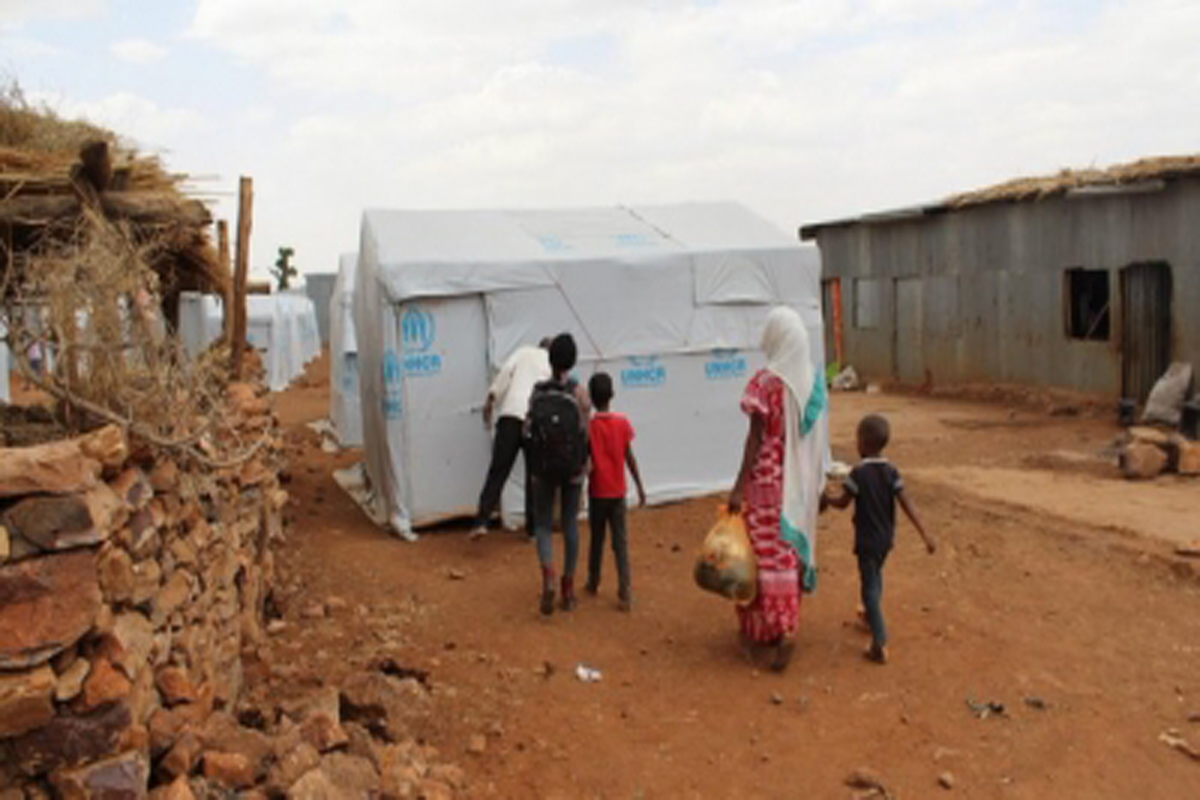Ethiopian PM promises ‘immediate access’ to crisis-hit Tigray: UN
This comes after UN Secretary-General Antonio Guterres spoke with Ethiopian PM over the extremely concerning humanitarian situation in the country's conflict-hit Tigray region.
In a statement on Thursday, Stephane Dujarric, the chief spokesman for UN Secretary-General Antonio Guterres, said that the convoys contain humanitarian supplies, including food, non-food items and fuel, reports Xinhua news agency.

Photo: IANS
Up to 175 aid convoys have arrived in Mekelle, the capital of Ethiopia’s conflict-ridden Tigray region, the majority of them in the past few days, a UN spokesman said on Thursday.
In a statement on Thursday, Stephane Dujarric, the chief spokesman for UN Secretary-General Antonio Guterres, said that the convoys contain humanitarian supplies, including food, non-food items and fuel, reports Xinhua news agency.
Advertisement
While 50 trucks crossed into Tigray over the past month, the remaining convoys only arrived in recent days, he added.
Advertisement
The 175 trucks were among at least 223 convoys with humanitarian supplies for the UN and international non-governmental organisations that left Semera, the capital city of the neighbouring Afar region, toward Mekelle, the spokesman said.
Most of the remaining trucks are being scanned at a checkpoint and a few trucks are in Abala, the last entry point into Tigray from Afar, he said.
Two trucks were reportedly blocked by civilians and looted at a checkpoint in Afar, 97 km from Semera, on July 28, according to Dujarric.
The Office for the Coordination of Humanitarian Affairs said the current aid is not sufficient, with an estimated 100 trucks needed every day to assist 5.2 million people in need.
It called for a political solution to the conflict in Tigray as fighting has spilt into Afar.
“I think this (spillover) would just hopefully increase the resolve of the parties to solve this situation through political means,” Dujarric said.
“Any conflict often starts out as small and, if it is not tended to, has a tendency to spill over and to get larger. And in the meantime, the people who are paying the price are the civilians.
“Trucks are going in, but we see trucks are looted. Trucks are also delayed. And we need 100 trucks per day, if not more, to get in there,” he added.
Advertisement